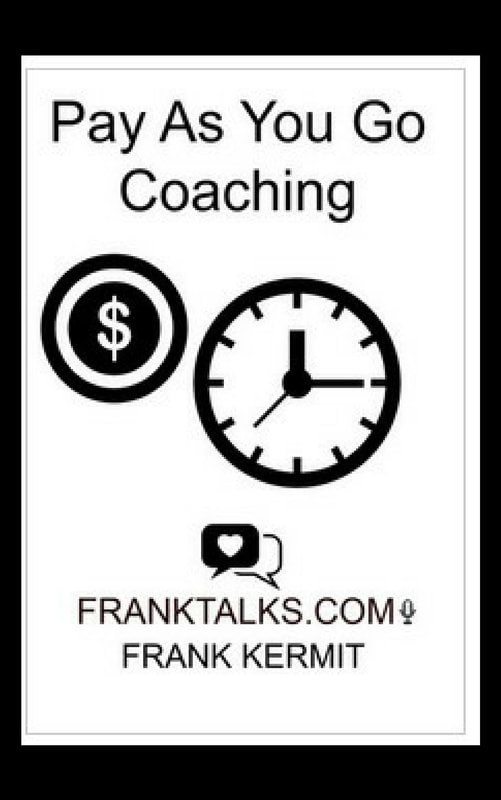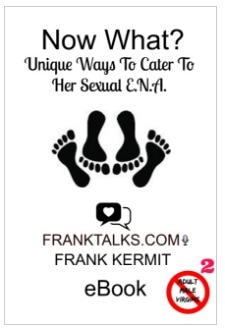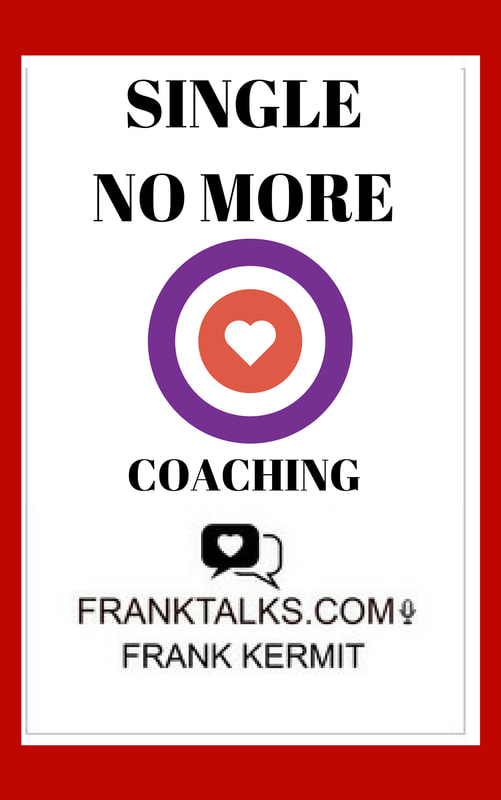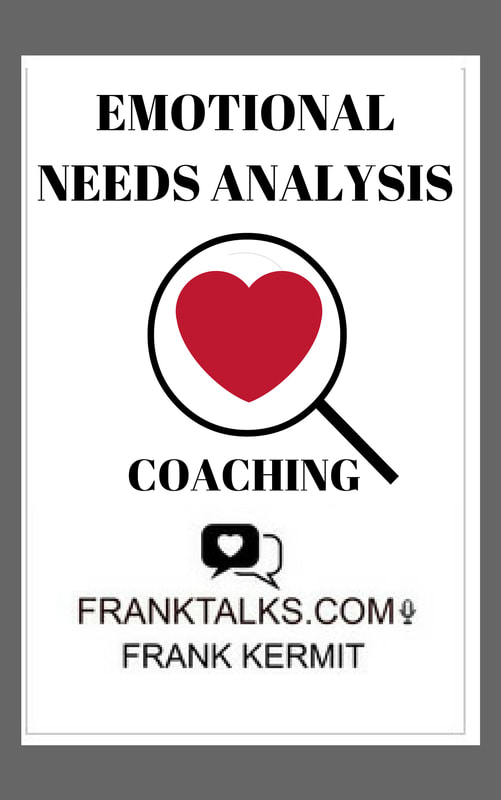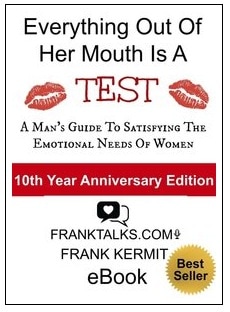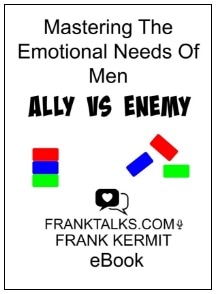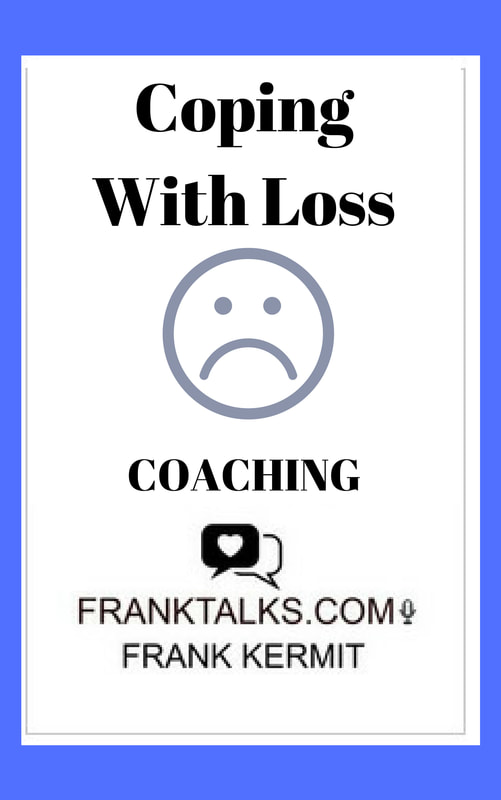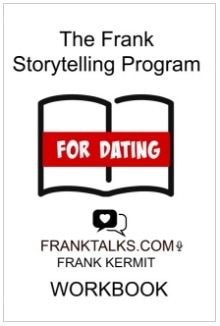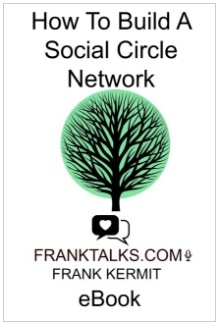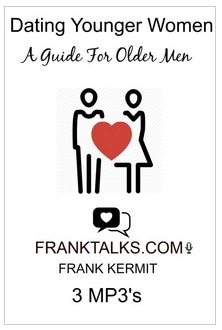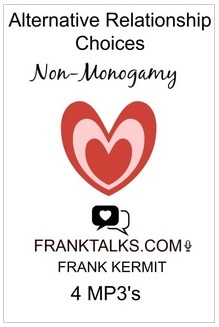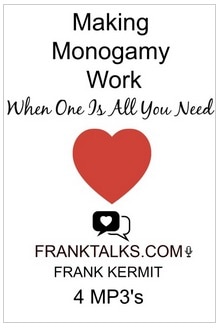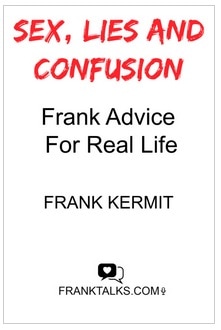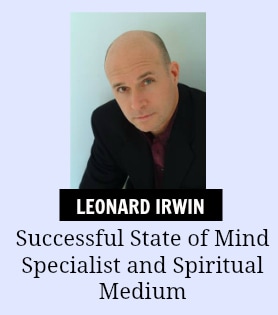|
Say It, or Say Nothing at All? By Frank Kermit Dear Readers, this question came to me through social media and I thought it was a great discussion to share with you all. The question dealt with the topic of a man (let's call him Michael) who was debating whether or not he should confront a friend of his (let's call him Steve) for saying something that was hurtful. Michael was having a problem with forgetting something that Steve said to him. Michael was making the effort to let it go and just let it be, but it still kept coming up for him. Michael was wondering if he should approach Steve about the subject, and concerned that it may escalate a conflict between the two. While at the same time Michael was not sure if he could ever just let it go. When I work with singles and couples, the first tenet of communication in this kind of situation is to clear the air and have the discussion. There are a few notable exceptions such as if you are not able to express yourself calmly, or if you are talking to someone who is toxic and beyond a reasonable discussion. However barring any extreme situation, it generally stands that if the relationship cannot withstand this sort of discussion, then it begs to question the value of the relationship to begin with. With that said, for Michael's very specific situation, the answer is rarely cut and dry as there are too many variables that have not been presented. Yes, Michael is upset about something that was said, but it is the context of what was said that will shed some light about the best means to deal with it. Without understanding the context (the surrounding factors) behind what was said, it is unlikely that any advice will be calibrated. What Michael should do really depends on what was said and the context it was said in. For example, was it something that violated Michael's boundaries? If so, then Michael should bring it up before it happens again. Otherwise it is possible that Michael will harbor resentment towards Steve, and when resentment grows unchallenged your relationship with that person may be lost anyways. Was Michael told something that was accurate and needed to take responsibility for even though Michael did not like hearing it? In this case, Michael may in fact need to thank Steve for saying it to him. It is possible that other people were thinking the same thing, but did not have the courage nor cared enough about Michael to bring it to his attention. For example, was something said to Michael because Michael initially said or did something to hurt Steve, and Steve's backlash was his way of calling Michael out? If that was the context, it could be possible that what is actually bothering Michael is his own conscious due and having to acknowledge his own mistakes. Human interactions and communications are rarely cut and dry. Most people do not say hurtful things for the sake of being hurtful. Some do...they are the bullies and emotional abusers in the world. However, when it comes to relationships, keep in mind that if a friend said something to you that hurt you, look at the context to see if there was something in your participation that prompted the remark before you assign total fault to the other party. Frank Kermit
0 Comments
Leave a Reply. |
Categories
All
Archives
June 2024
NDG Encore Singing Chorus **** Every Friday Night Dr. Laurie Betito Quotes
|
|
FRANK KERMIT MA
EXPERT RELATIONSHIP COACH HELPING PEOPLE CONNECT |
ALL COACHING IS BY TELEPHONE OR SKYPE ONLY INTERNATIONAL CLIENTS ARE WELCOME *INTERNATIONAL CLIENTS ARE RESPONSIBLE FOR LONG DISTANCE PHONE CHARGES, +1 Canada/USA* SKYPE IS PREFERRED. IT'S FREE AND EASY TO USE FROM ANYWHERE IN THE WORLD TELEPHONE: +1-514-680-3278 EMAIL: [email protected] SKYPE: frank kermit PLEASE NOTE THAT ALL SALES ARE FINAL. NO REFUNDS OR EXCHANGES
|

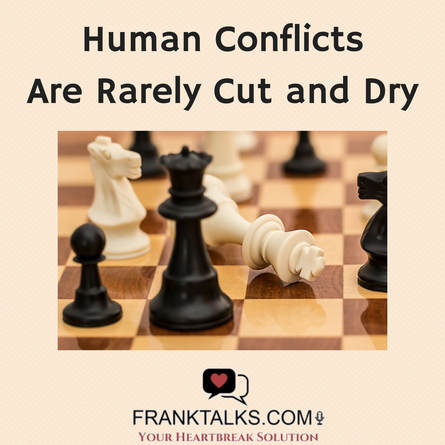
 RSS Feed
RSS Feed


